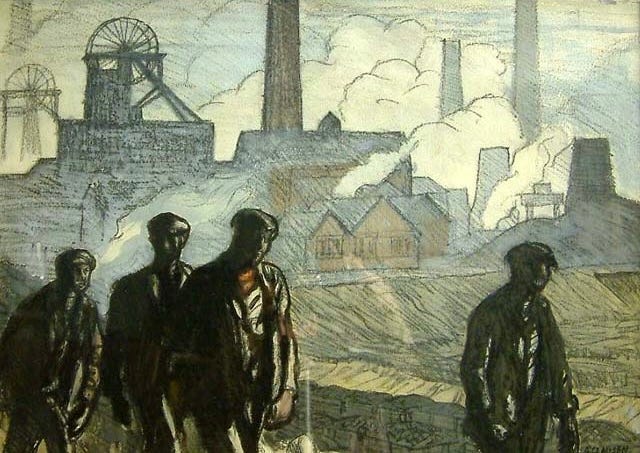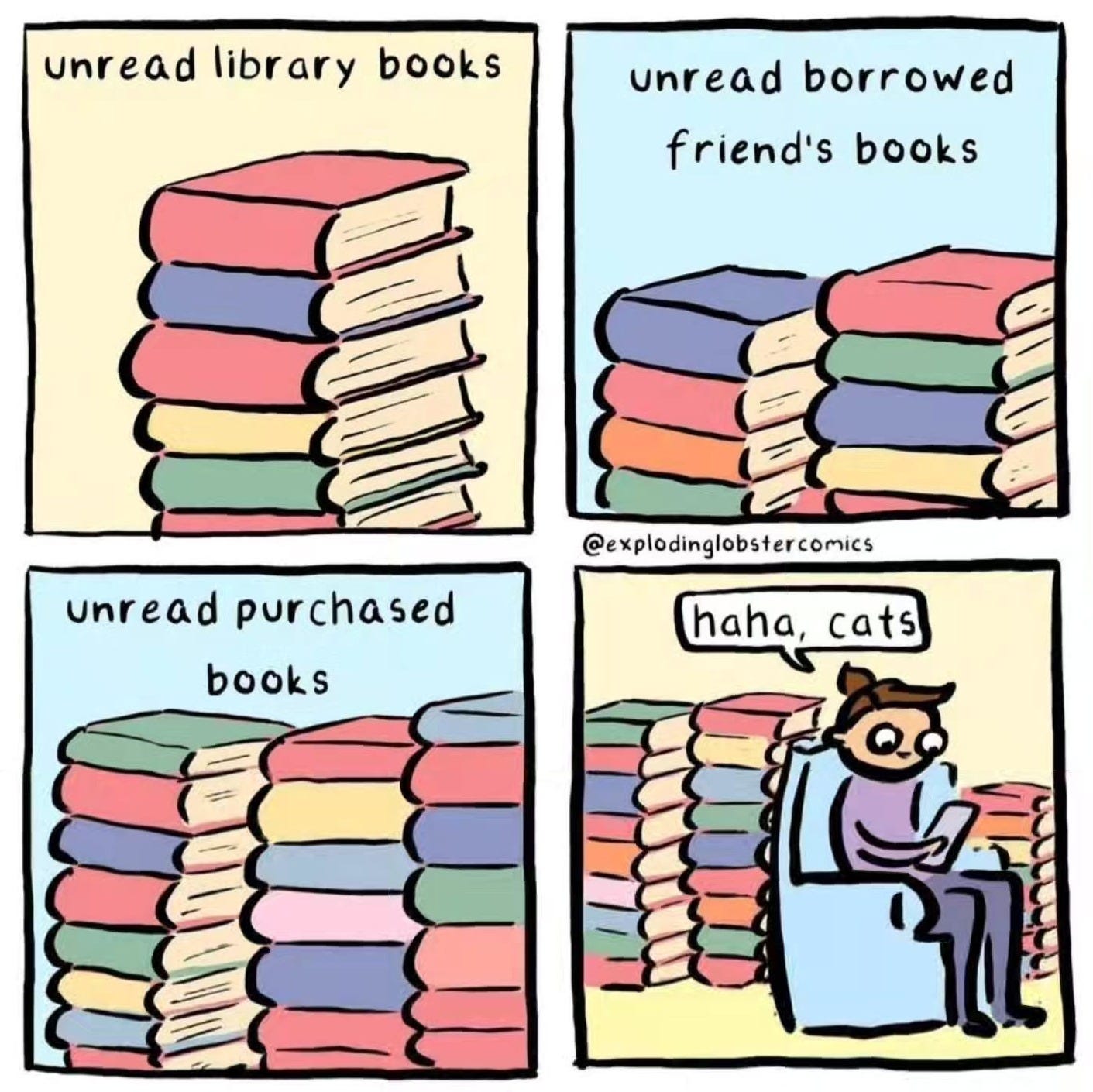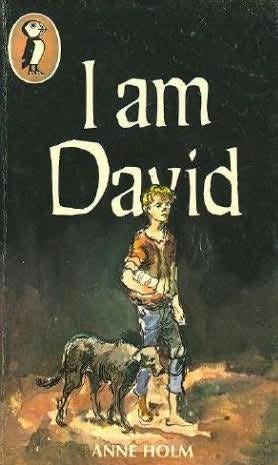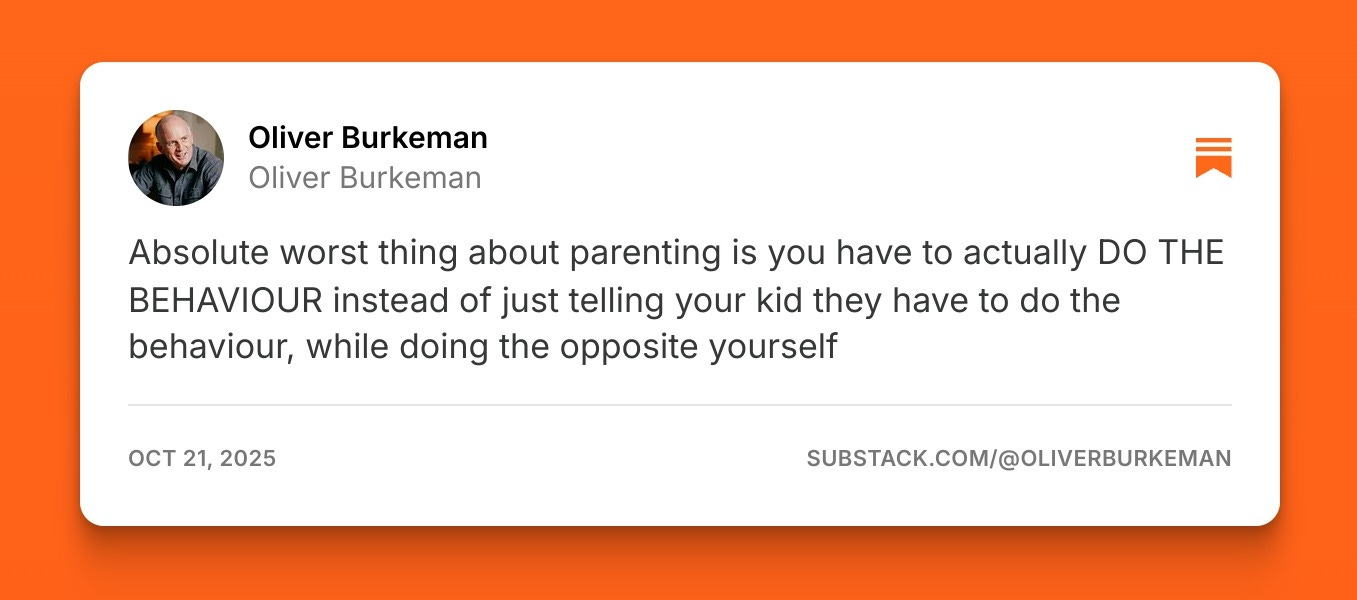FF#11 - What childhood book stuck with you?
Friday Footnotes #11 - the weekly newsletter for parents who care about reading
Welcome to Friday Footnotes, a weekly newsletter from Storygram Parents. It’s even got pictures 🙌
Each week I touch on reading, parenting, motivation, children’s books, education, writers, and whatever else catches my attention. Enjoy!
This week’s footnotes 🧐
Here are this week’s footnotes1. Leave a comment with your take!
1. What childhood book stuck with you? 🌋
I’ll go first!
While I absolutely adored the Hobbit and lapped up Redwall, Narnia, and many other such adventures, one book is fixed in my mind as something of a childhood altering experience.
That is I Am David, by Anne Holm:
I became a different child after reading this book.
I’m forever banging the drum that reading develops empathy2, but this might be my first personal example. If you don’t know the story, I Am David follows a 12-year-old boy who has been living in a concentration camp. He is helped to escape by one of the guards, and we then follow his journey across Europe.
I truly believe reading this book planted a tiny seed in me — a consciousness of other people’s lives, perhaps — that hadn’t existed before. That’s the power of children’s books.
What book has stuck with you since childhood?
2. Parents: Help us build something new! 🧪
What do you call a carpenter’s prototype?
A stool sample.
Wait — don’t leave!
I’m developing a prototype of an online service to help parents get good book recommendations to match their kid’s interests and reading level. The aim is to help children find those unlocking books that turn reading from a chore into joy.
The more parents I can get involved, the better. I’ll write more about this in future, but for now just message me to flag your interest, and I’ll send you a little more info and add you to the first cohort!
3. When do you read? 🌃🏙️
Psst 🤫 If there’s one secret to raising children who love to read, it’s probably this: enjoy reading yourself.
So the question is, when do you read? How do you make time for it?
Back when I commuted to work, it was easy enough — I had a spare couple of hours each day to sit and read on the tube.
But now I work from home, I have to be far more intentional. Even with my above-average interest in reading, I have to fight guilt that comes with reading on the sofa for an hour. Especially if I’m caught reading as my poor wife heads out to her job!
I’m armed with the knowledge and understanding of why reading is beneficial. Yet somehow my frantic mind still suggests that reading is not productive. “You should be writing that Substack,” it says.
I honestly believe we all have time available, whether it’s a snatched 15 minutes at home or waiting at the doctors. But we have to plan for it, as reading doesn’t happen accidentally.
When do you read?
Can I ask a favour? 🙏
It’s my birthday this week, so…
Could comment on, share, or like our articles? It helps the algorithm make good choices 😜
Perhaps you can think of one parent who might be interested to send the link to?
Thank you so much! 🎂
Worth a read 💯
Speaking of finding time to read: Victorian coal miners managed it, so what’s your excuse? At least, that’s according to this week’s must-read from The Culturist: Are You Smarter Than A Coal Miner?

The article highlights revelations about the inner lives of the Victorian working classes found in The Intellectual Life of the British Working Classes3 including:
There was a massive, self-directed culture of education among working-class people:
…they read voraciously, with many even choosing to self-study Latin or history after long shifts underground or in factories.
Coal miners, mill workers, and mechanics built their own libraries and formed reading societies to study Shakespeare, Dickens, Milton, and even Plato.
Hundreds of working-class autobiographies reveal the depth of their inner lives
One miner recalls reading Paradise Lost underground by candlelight, and another describes saving for months to buy a volume of Carlyle.
Books were companions in a lifelong pursuit of wisdom
The example provided by the workers of industrial Britain exposes the smallness of our own modern excuses, such as claims to have “no time” to read, or our addiction to entertainment. On this point, however, The Intellectual Life of the British Working Classes provides much needed encouragement — it demonstrates that people living in objectively worse conditions than our own still managed to cultivate a beautiful interior life through reading.
Read the full article here.
Word of the week: Tsundoku
It sounds lovely when it’s about books, but some people might call that hoarding….
Well, that’s all for today. Have a wonderful weekend. 😊
Graham
Footnotes: thoughts I’ve had, things I’ve read, or just about anything of interest that I felt worth making a little note of somewhere during the week.
The Intellectual Life of the British Working Classes, by Jonathan Rose





Hey Graham— I just welcomed you to the Mad circle… I love this newsletter concept-
A teacher for years and a parent of three - and as someone really interested in school reform (in the US) - I have lots I could connect with you about. Reading aloud to children is probably one of my favorite things to do…
My reading habits have shifted recently… because now I write when I used to read… poetry mostly, or memoir, or reflections of times and places…
Anyway, as an educator of young children I wanted to flood the elementary schools here with the UK’s Biff & Chip books (the learning tree?? Are you familiar with them?)
The first book that moved me to tears was Bridge to Terabithia, K Paterson, the first book that made me think hard was A Wrinkle in Time, L’Engle and a book that stays with me always is Tuck Everlasting, Babbitt (?)
Love your prompts in here and look forward to hearing your music. 🦋
When do I read?
Every morning with breakfast (I get up while the house is still asleep).
An occasional short spurt at random intervals during the day.
Bedtime - until my eyelids refuse to stay open.